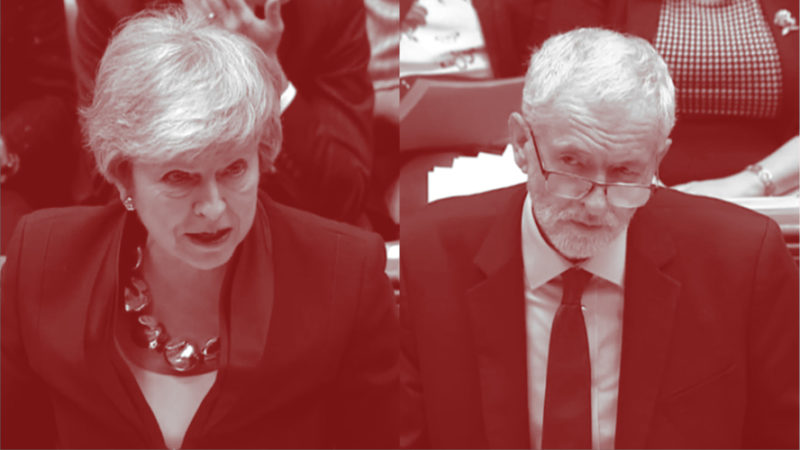
The Prime Minister confirmed in her latest Brexit statement today that the second meaningful vote on her deal has been delayed, and will be held not this week but instead at some point before 12th March. The events of the last few months would suggest this means on 12th March.
While claiming that “if we have to, we will ultimately make a success of no deal” and arguing against Article 50 extension, Theresa May announced three commitments designed to thwart the chances of the Yvette Cooper/Oliver Letwin amendment succeeding. To avoid government defeat on the backbencher move, which would delay Brexit if no deal is agreed by 13th March, she promised to:
- Hold a second meaningful vote by 12th March.
- If her deal is rejected, give MPs a say on leaving without a deal by 13th March.
- If no deal is rejected, give MPs a chance to grant a “short, limited” extension to Article 50 by 14th March.
This effectively gives in to the demands of the anti-no deal backbenchers. But if Yvette Cooper’s question following the statement is anything to go by, the Cooper/Letwin amendment will still be tabled because trust in the Prime Minister’s word is rock bottom. As the Labour MP pointed out, Commons votes have been ignored before and there is no guarantee that cabinet members would abide by them – and would the government be arguing for no deal or extension? May refused to say.
12th, 13th and 14th March are now the all-important dates, though May will be hoping only 12th March remains important. Knowing that at that late stage the Commons majority against no deal will have increased, ERG-type Tory MPs against May’s deal could fold to avoid delaying Brexit. And Labour MPs in Leave seats could join them. But, for now, it still looks unlikely that there are enough parliamentarians willing to row back on their opposition to the deal. No deal is not necessarily dead either: if MPs vote against both no deal and extension on 13th and 14th, it remains the legal default.
Jeremy Corbyn’s response, meanwhile, focussed on his alternative Brexit plan that will be put to the Commons in the form of an official Labour amendment tomorrow. (And rejected.) The news that the opposition party will now be backing efforts to secure another EU referendum was not given prominence in his speech, though he did say if MPs pass the deal “in some form at a later stage, we believe there must be a confirmatory public vote”. May made reference to the shift in pointed remarks and Tories heckled when Corbyn maintained that “Labour accepts the result of the referendum”.
The Labour leader emphasised that MPs have already rejected May’s deal and no deal, and repeated that the Prime Minister was still “kicking the can down the road”. He also highlighted that the new important dates came before the March summit, when it is hoped changes to the deal could be secured. He asked: How can there be a vote in the House if the EU has not yet agreed the final exit deal? Or will there be no change to the deal, so MPs will be voting on the same documents? Again, this points towards the conclusion that a delay is inevitable and May’s deal will not be approved in the second meaningful vote.



More from LabourList
Humza Yousaf woes deepen as Labour plans no-confidence vote in government
‘History and poll leads suggest Labour can be bolder, even if it costs some votes’
Labour warned ‘ethical foreign policy’ inevitably sparks charge of ‘hypocrisy’